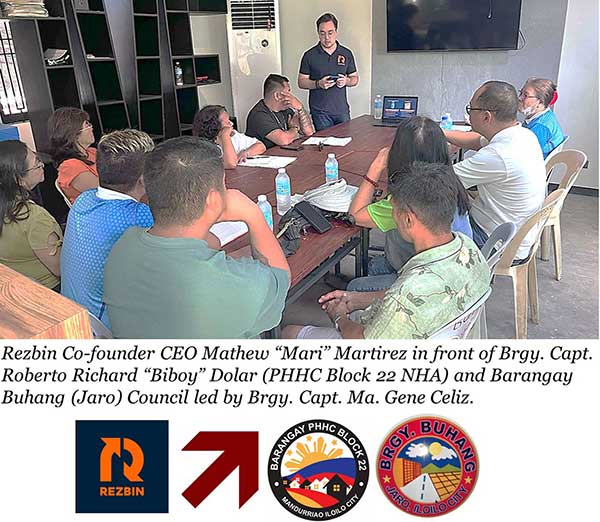
The Philippines is, by far, the largest source of global plastic inputs accounting for 36% of all plastic waste floating on the world’s oceans. Of the 10 rivers that contribute most to ocean plastic pollution, 7 are in the Philippines (Metzger, et al).
While the statistics may come as a surprise to many, it has been a known phenomenon among government officials, academics and NGAs for quite some time. This is why, combined with the realization of our impact on climate change, the Philippines has some of the most progressive laws relating to climate change. But as with most of everything else in our country, having laws and seeing them have the desired effect that they were meant to lead to are two totally separate things.
The Institute of Contemporary Economics (ICE), realizes that real change does not happen with grandiose roadmaps. Real change is effected by doing things on the ground no matter how inconsequential it may first seem. After all, we have to start somewhere.
In pursuit of this, ICE has been taking technology to the grassroots level where they can make a real difference. In collaboration with Rezbin, we have started working with individual barangays to implement impactful waste management programs.
These programs incorporate infrastructure, education and operational components to promote the segregation of waste products at the household level.
Rezbin was founded with a vision to make plastic recovery easy and fun for everyone. It uses advanced technology to track plastic donations and reward individuals with points via a user-friendly mobile app.
For its pioneering efforts, Rezbin has been recognized internationally having won awards such as the One ASEAN Impact Startup Award, the grand prize at the 4th KPMG in the Philippines Innovation Summit and the UNDP ASEAN Blue Innovation Challenge. It is supported by the UNDP, KPMG, the Coca Cola Foundation, Founders Launchpad, Save Philippine Seas, Economic Research Institute for ASEAN and East Asia and Make Sense.
ICE, along with partners like Rezbin, continues to bring programs and technologies to our communities where solutions to societal and economic challenges begin.



















